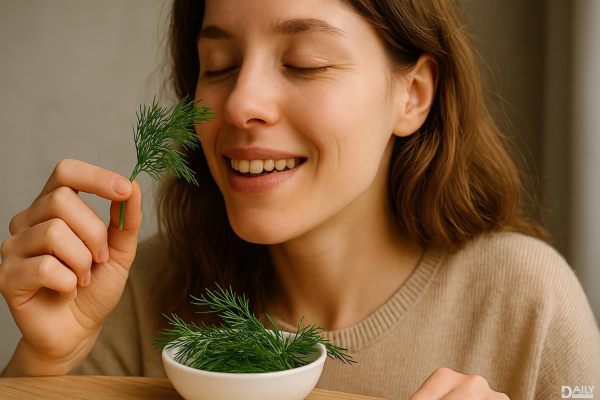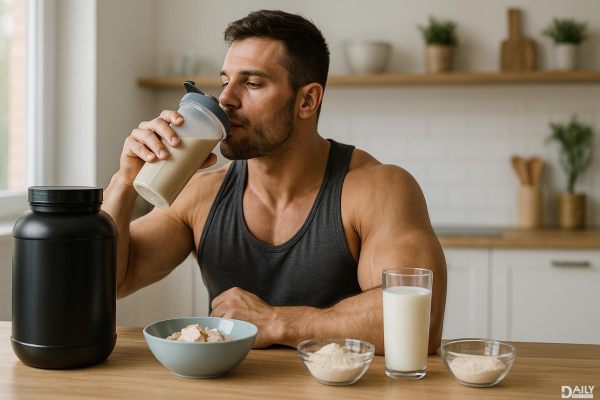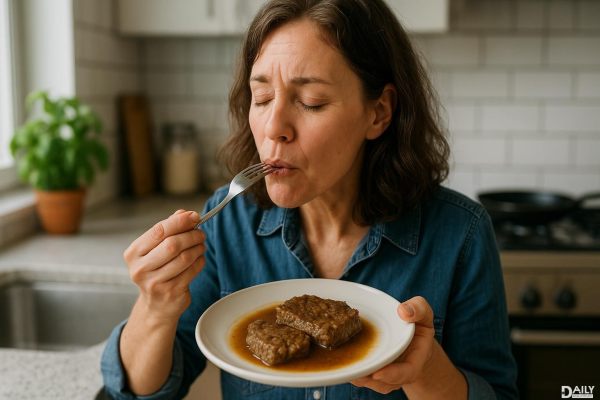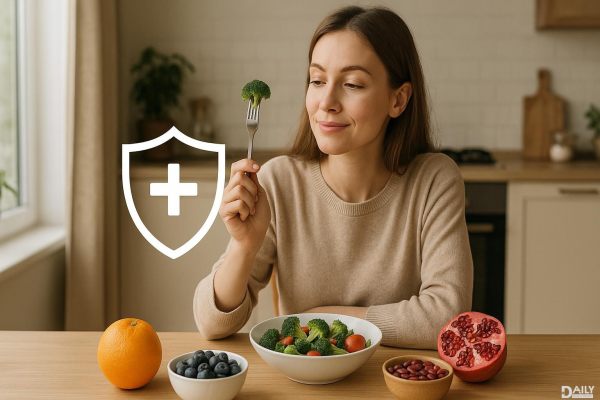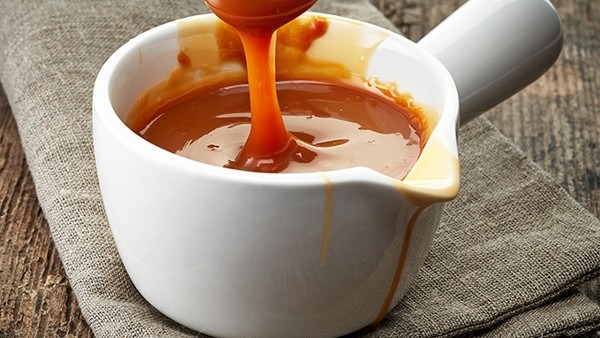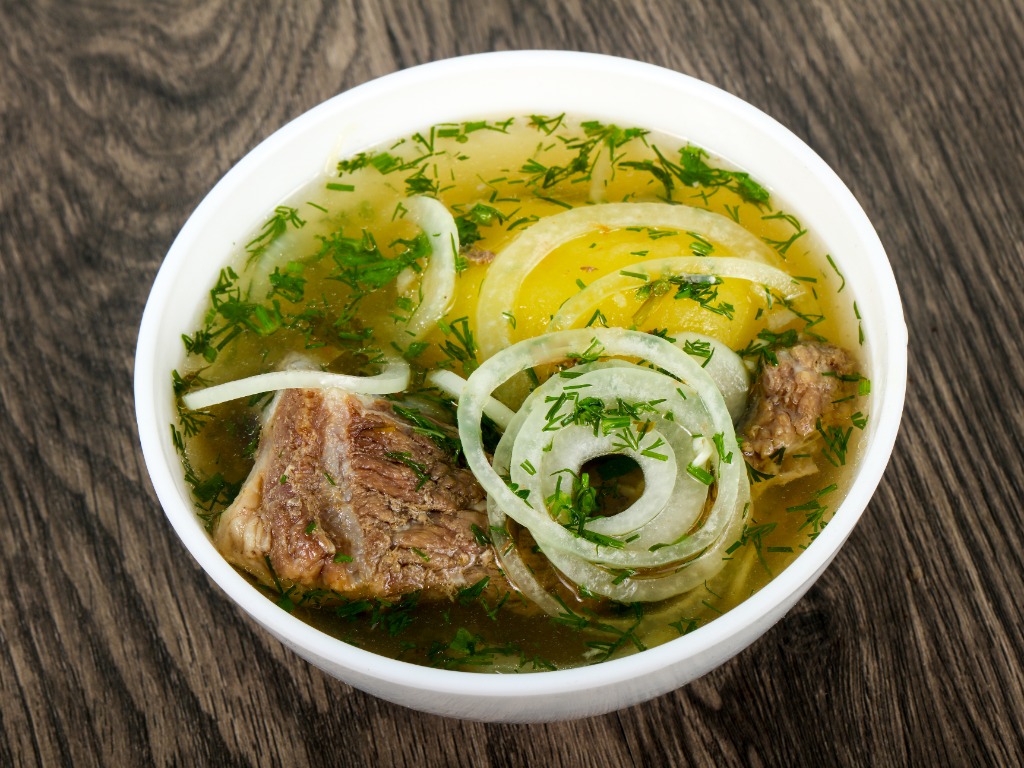If you're looking to boost your gut health with probiotics, both half sour and dill pickles can do the trick—but one edges out the other. Half sour pickles, fermented for a shorter time, retain more live cultures, making them the probiotic powerhouse. Dill pickles, while still beneficial, often undergo pasteurization, which can kill off some of those good bacteria. So, if gut health is your goal, half sours are the way to go.
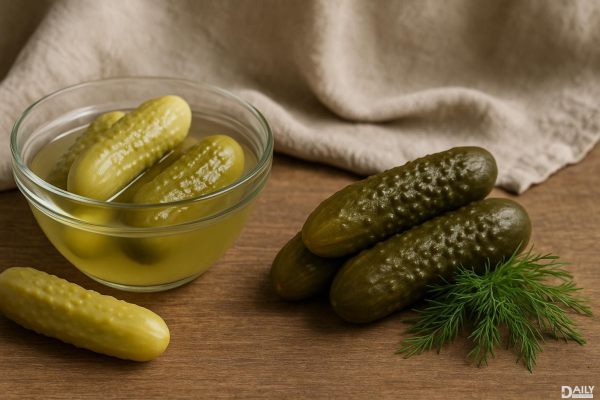
Not all pickles are created equal when it comes to probiotics. The key difference lies in how they're made. Half sour pickles are brined for just a few days, allowing beneficial bacteria like Lactobacillus to thrive without being destroyed by heat processing. Dill pickles, on the other hand, are typically fermented longer and may be heat-treated for shelf stability, which reduces their probiotic content. Research shows that live-culture fermented foods can improve digestion, support immunity, and even enhance mood by influencing the gut-brain axis. So, if you're after those microbial benefits, opt for unpasteurized half sours whenever possible.
Beyond probiotics, there's a big taste difference between these two pickle varieties. Half sours are crisp, bright, and mildly tangy with a fresh cucumber essence still shining through. They're often called "new pickles" because of their short fermentation time. Dill pickles pack a more intense punch—sour, garlicky, and herbaceous from the dill weed and spices. While both can be delicious, half sours tend to be more versatile in dishes where you want a subtle pickle flavor, while dills dominate when you crave that classic, bold pickle taste.
When hunting for probiotic-rich pickles at the store, you'll need to become a label detective. Look for keywords like "unpasteurized," "live cultures," or "naturally fermented" on the jar. Refrigerated pickles are more likely to contain active probiotics than shelf-stable versions. Many commercial dill pickles use vinegar instead of fermentation, so they won't offer the same gut health perks. Your best bet? Check the refrigerated section for half sours or visit a local deli that makes their own fermented pickles in-house.
Want to guarantee maximum probiotics? Try making your own fermented pickles at home. All you need are cucumbers, salt, water, and some basic spices. Half sours are actually easier for beginners since they ferment for just 3-7 days at room temperature. The shorter fermentation means less chance of mold or yeast issues that can plague longer ferments. Plus, homemade means you control the ingredients—no unnecessary preservatives or pasteurization to kill off your precious probiotics. Just remember to use pickling cucumbers (not the waxy supermarket kind) for the crispiest results.
While half sour pickles might win the probiotic battle, don't count out dill pickles entirely. They still contain some beneficial compounds from the fermentation process, even if heat-treated. Both varieties are low-calorie, hydrating snacks packed with vitamin K and antioxidants. The vinegar in dill pickles may help with blood sugar control, while the electrolytes in both types can aid post-workout recovery. At the end of the day, the best pickle is the one you'll actually eat regularly—because consistency matters more than perfection when it comes to gut health.
Whether you go half sour or full dill, incorporating fermented pickles into your diet is a tasty way to support your microbiome. Just remember to choose unpasteurized versions when possible, and don't be afraid to experiment with making your own. Your gut—and your taste buds—will thank you.
